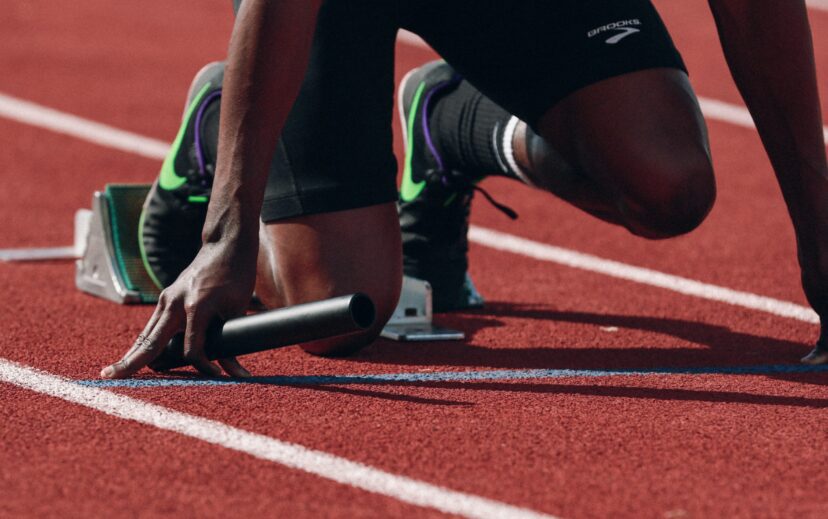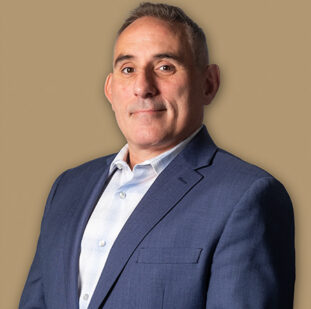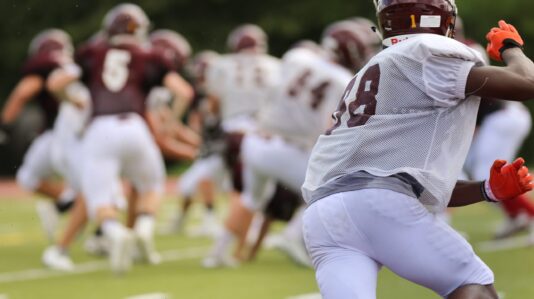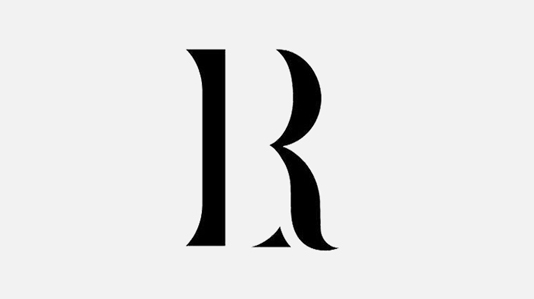Thanks to a NCAA interim policy change and a new state law, student-athletes in Georgia may now be paid for use of their name, image, and likeness (“NIL”). This opened new opportunities for students involved in collegiate sports to earn money.
What does the law say?
On May 6, 2021, Georgia Governor Brian Kemp signed a bill allowing student-athletes the long-awaited right to be paid for use of their NIL. This bill became effective on July 1, 2021. This legislation has similar provisions to the other seven states which had NIL laws take effect at the same time:
- Contracts cannot conflict with the institution’s contracts or policies.
- Colleges are required to conduct a five-hour financial literacy and life skills workshop at the beginning of the student-athletes’ first and third years.
- Student athletes are allowed, but not required, to hire agents to negotiate on their behalf.
Although similar in many ways to other NIL state laws, Georgia’s NIL law includes some unique provisions, including:
- Colleges in the state of Georgia are empowered to elect a requirement that all student-athletes share, with each other, up to 75% of their NIL compensation generated and received by each athlete; and
- There is no cap as to how much student-athletes may earn from their NIL.
In some states, namely Florida, student-athletes may only earn up to “fair market value” for their NIL. However, Georgia will not limit potential revenue for their student-athletes but, rather, allow them the opportunity to profit as much as possible.
How will profit-sharing work?
Under the Georgia law, schools may elect not to participate in the profit-sharing regimen. However, if they choose to partake, there is a certain protocol for how these profits will ultimately be distributed. Funds will be held in an escrow account which is controlled by that school’s athletic director and may be distributed to former student-athletes from that school. The funds collected will be distributed either upon graduation or 12 months after the student-athlete left school, if they decided to leave early. The funds will be given out on a pro-rata basis based upon how long each individual was a student-athlete at that college. When it comes to distributing these finances out equitably, legislation provides that these funds may not be distributed in any way that discriminates against a student based on race, gender, or other protected characteristics.
The way a school goes about the process of profit sharing may make or break their recruiting classes. Many schools, including the University of Georgia, Georgia Tech, and Georgia State, have made it clear that they will not participate in the profit-sharing option. Student-athletes at each of these universities will be able to keep all the revenue they earn off of their individual NIL rights.
What has happened so far?
Student-athletes in Georgia did not wait long before getting involved in the NIL action. University of Georgia running back Kendall Milton announced a deal at midnight on July 1, 2021, when NIL first took effect. Milton, rather than partnering with an endorsement company, decided to start his own brand called “KM2.” Through “KM2,” Milton will sell merchandise, sign memorabilia, and more. The upside Milton experiences by starting his own brand is that he will now have more control and receive a larger portion of revenue. Although Milton took this approach by starting his own company, he remains keen on getting involved in other endorsement opportunities with outside companies. Milton is setting an example on how to capitalize off your NIL without signing with a big endorsement company or being an already highly recognized athlete.
The passing of NIL legislation around the United States means that colleges and universities will be partnering up with companies to help guide their student-athletes through this newly entered landscape. The University of Georgia entered a deal with Altius Sports Partners to help educate student-athletes on the NIL legislation. This deal, along with the required five hours of financial literacy and life skills workshops, will help University of Georgia student-athletes become informed and prepared when making decisions as to what deals they should enter and how they should manage their finances.
Conclusion
Georgia, like many other states, has passed legislation for equitable rules for student-athletes being compensated for the revenue they produce for the NCAA. This legislation will ensure that student-athletes may be compensated for their NIL, while providing and maintaining structure and guidelines for these student-athletes throughout the process. If you need assistance developing an appropriate policy to comply with your state law or you are an athlete, school, or business looking for guidance on complying with NCAA rules and state law, contact our attorneys.
Contribution to this blog by Joseph Ford.
Photo by Marc Serota on Unsplash






